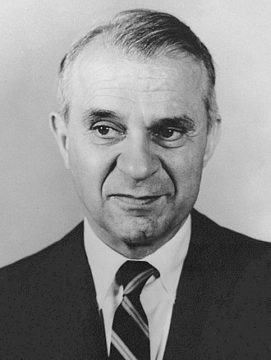 Yakov Feygin in Building a Ruin:
Yakov Feygin in Building a Ruin:
My theory of how economics interacts with policy is a bit more complicated than some more popular accounts. Very good studies on the anthropology of economics as a profession and policy-making discipline. For example, Marion Fourcade, and Elizabeth Popp Berman’s work, have noted that economics’ political influence and professional formation are deeply embedded in particular differences in local political cultures. Thus, for example, I think that in the United States, lawyers tend to be very important transmitters of economic ideas into policy. American policymakers tend, themselves, to be lawyers, and the government itself has deep legal performativity, even in the bureaucracies.
Despite these longer structural patterns, in the past few decades, I think there has been a bit of technological disruption in how economics and economic ideas move into action. A few years ago, I coined the term “posting to policy pipeline” to describe how the econ blogosphere and Twitter have become key sites of idea making. Before the advent of these new forums, the top economic journals really dominated everything and painted the conventional wisdom as having some scientific validity. After the advent of social media, one could not only call Larry Summers an idiot to his face without being invited to an exclusive meeting but also explain to a large audience precisely why he was an idiot.
Like all technical changes, the emergence of the posting-to-policy pipeline had a strong social component.
More here.
